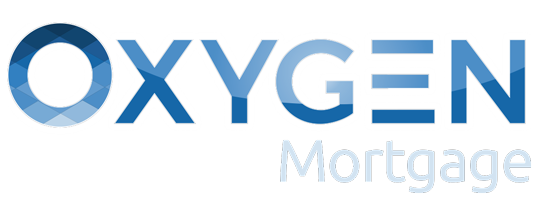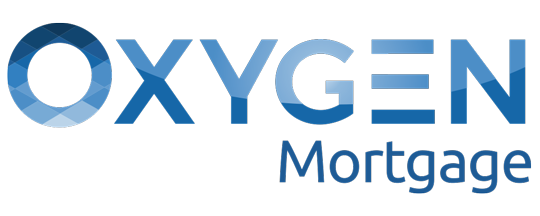The average rate on 30-year mortgages climbed to 4.4 percent this week from 4.14 percent the previous week, the highest level since roughly the same time in 2019, according to Bankrate’s national survey of large lenders.
The step-up comes as the Federal Reserve moved to raise rates, its first increase since 2018. That decision impacts interest rates on some mortgage products, namely adjustable-rate mortgages and home equity loans. It has fewer ramifications for fixed mortgage rates, which more closely follow 10-year Treasury yields.
“Consumers can expect higher borrowing costs to be just another form of inflation, with rates for credit cards and home equity lines of credit notching higher in the next month or so,” says Greg McBride, CFA, Bankrate chief financial analyst. “Mortgage rates have already increased one full percentage point since the beginning of the year, adding to the pressures of limited inventory and sky-high home prices facing homebuyers.”
A year ago, the benchmark 30-year fixed-rate mortgage was at 3.34 percent. Four weeks ago, the rate was 4.03 percent. The 30-year fixed-rate average for this week is 1.4 percentage point higher than the 52-week low of 3 percent.
The 30-year fixed mortgages in this week’s survey had an average total of 0.34 discount and origination points.
Where mortgage rates are headed?
Mortgage experts offer mixed predictions about the direction of rates in the next week in Bankrate’s latest survey.
Worries about runaway inflation are weighing on stocks and on U.S. Treasury yields, which this week climbed past 2 percent to their highest since July 2019. The official inflation figure for January came in at 7.5 percent, its highest level since 1982 and a harbinger of higher mortgage rates. Whether or not that path stands, the Fed has indicated intends to raise rates several times in the coming months.
Tensions between Russia and Ukraine have also roiled financial markets, with mortgage rates briefly pushed down at the onset of the conflict.




